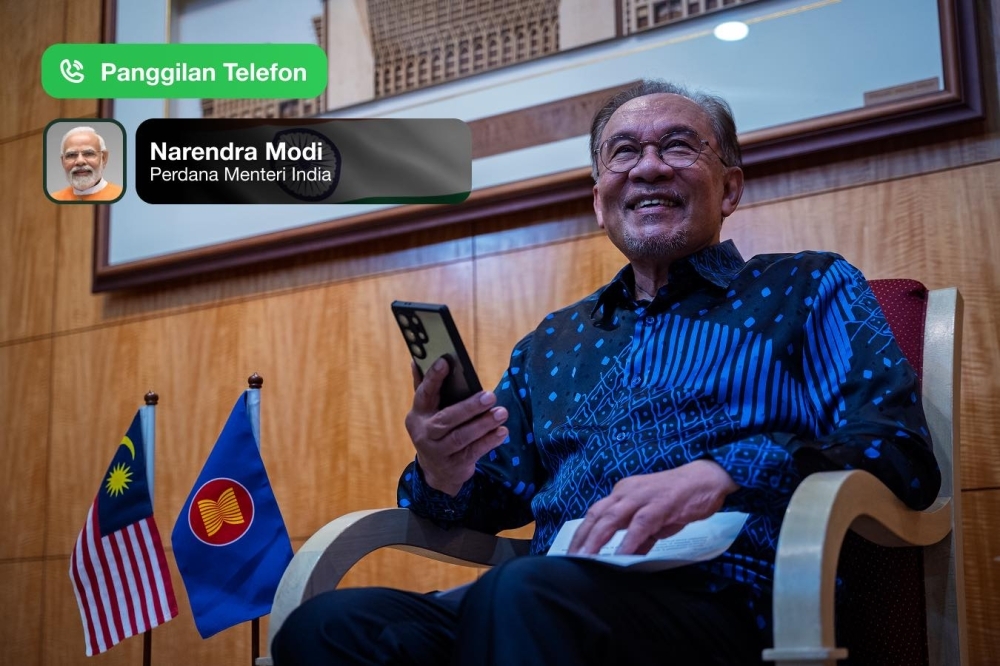Riyadh, Saudi Arabia — In a moment marking the end of a significant era in Saudi Arabia’s religious and social fabric, the kingdom’s Grand Mufti, Sheikh Abdulaziz Al-Asheikh, has died. The Saudi Royal Court announced his passing on Tuesday. Though his exact age is not officially confirmed, he was believed to be in his early to mid-80s.
Appointed as Saudi Arabia’s highest religious authority in 1999, Sheikh Abdulaziz held the prestigious position of Grand Mufti and also led the Council of Senior Scholars, the authoritative body responsible for issuing religious rulings (fatwas) in the Kingdom. His passing closes a chapter on more than two decades of clerical influence and spiritual leadership, during which he became the defining religious voice in one of the most conservative countries in the world.
Crown Prince Mohammed bin Salman led the funeral prayers in Riyadh, signifying the weight of the loss not only for the Kingdom but also for the wider Muslim world. The Royal Court hailed Sheikh Abdulaziz’s dedication to Islam and his lasting contributions to the nation’s religious heritage. No announcement has yet been made regarding his successor.
A Conservative Voice with Global Reach
Known for his firm conservative positions, Sheikh Abdulaziz’s religious opinions often gained international attention. Through a widely followed call-in radio program, he issued rulings that sparked both local reverence and global debate.
In 2004, he condemned the public mixing of unveiled women and men, calling it “a catastrophe and evil.” He famously declared chess as “the work of Satan”, and described Twitter as “a source of harm and evil.”
His controversial views extended to geopolitics as well. He denounced Hamas, calling its acts a disgrace to Islam, and prohibited support for Hezbollah, aligning religious opinion with Saudi political stances.
From Dominance to Symbolism
As a descendant of Muhammad ibn Abd al-Wahhab, the 18th-century scholar whose teachings form the backbone of Saudi Arabia’s official Islamic doctrine, Sheikh Abdulaziz symbolized the powerful alliance between the ruling Al-Saud royal family and the Al-Sheikh clerical lineage.
However, over the last decade, his influence began to wane. Beginning in 2010 and accelerating under Crown Prince Mohammed bin Salman, Saudi Arabia consolidated religious authority under state control, reducing the Council of Senior Scholars’ independence. While the council retained a monopoly over fatwas, their alignment increasingly echoed state policy.
This shift was most pronounced during the Crown Prince’s Vision 2030 reforms. Sheikh Abdulaziz provided religious cover for sweeping changes that once would have been unthinkable in Saudi society — women driving, the curtailing of religious police, and relaxed norms on gender mixing in public spaces.
Although he retained his title as Grand Mufti, his voice became increasingly symbolic, more reflective of political alignment than religious independence.
The End of an Era — and the Question of What Comes Next
For decades, Sheikh Abdulaziz was the embodiment of Saudi Arabia’s religious orthodoxy — a conservative guidepost for millions. Yet, his later years mirrored a country in flux, where tradition is increasingly being reinterpreted to make way for modernization.
His death raises a pivotal question: What role will religion play in the new Saudi Arabia? Will his successor continue the traditionalist path, or will the position evolve further into a ceremonial post within a state shifting toward a more secular public life?
In remembering Sheikh Abdulaziz Al-Asheikh, we are not just reflecting on the life of a single man, but on the shifting soul of a nation. Saudi Arabia, once shaped by the unwavering voice of its clerics, now stands at a crossroads, choosing between the gravity of its past and the momentum of its future.



